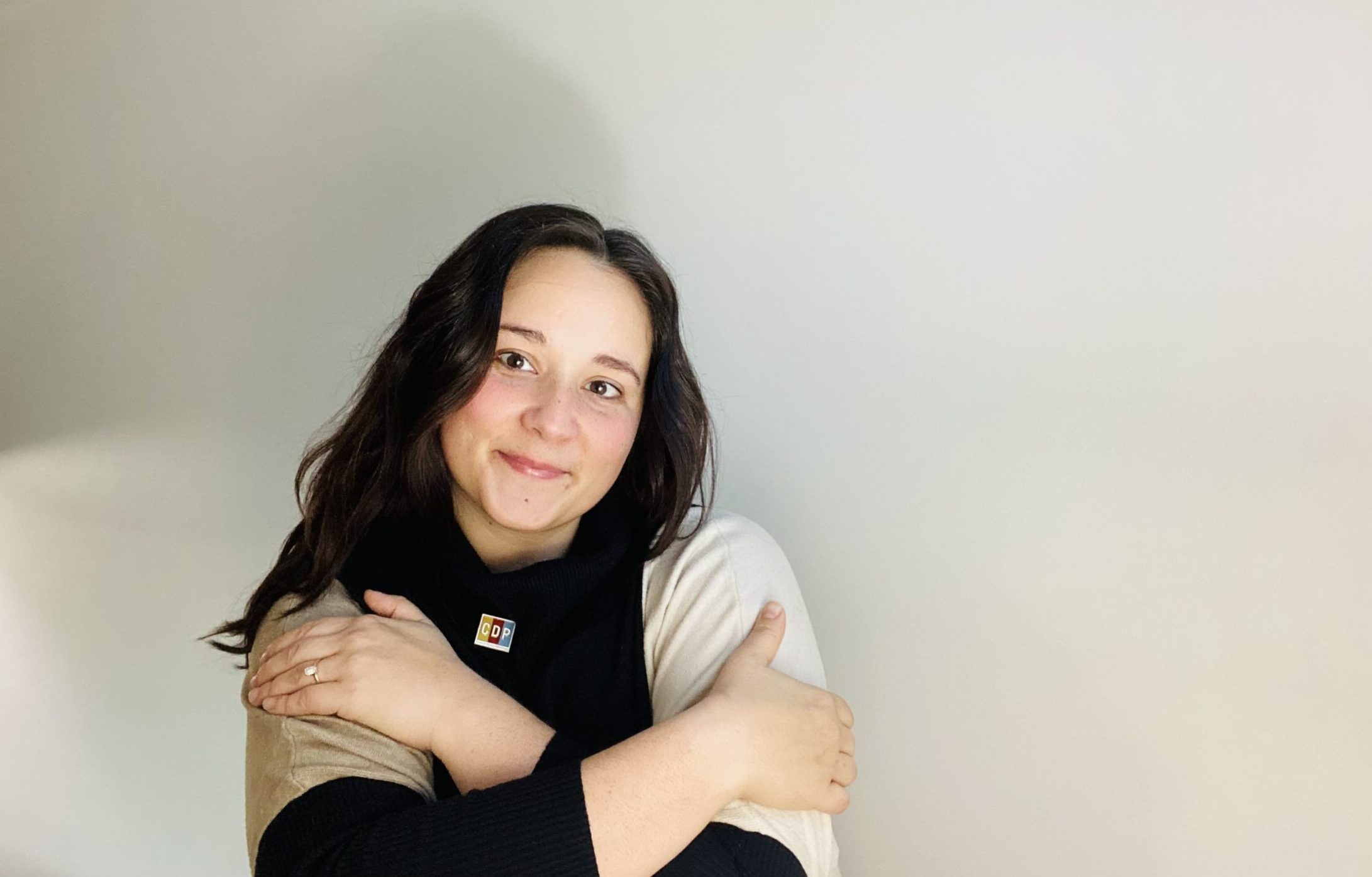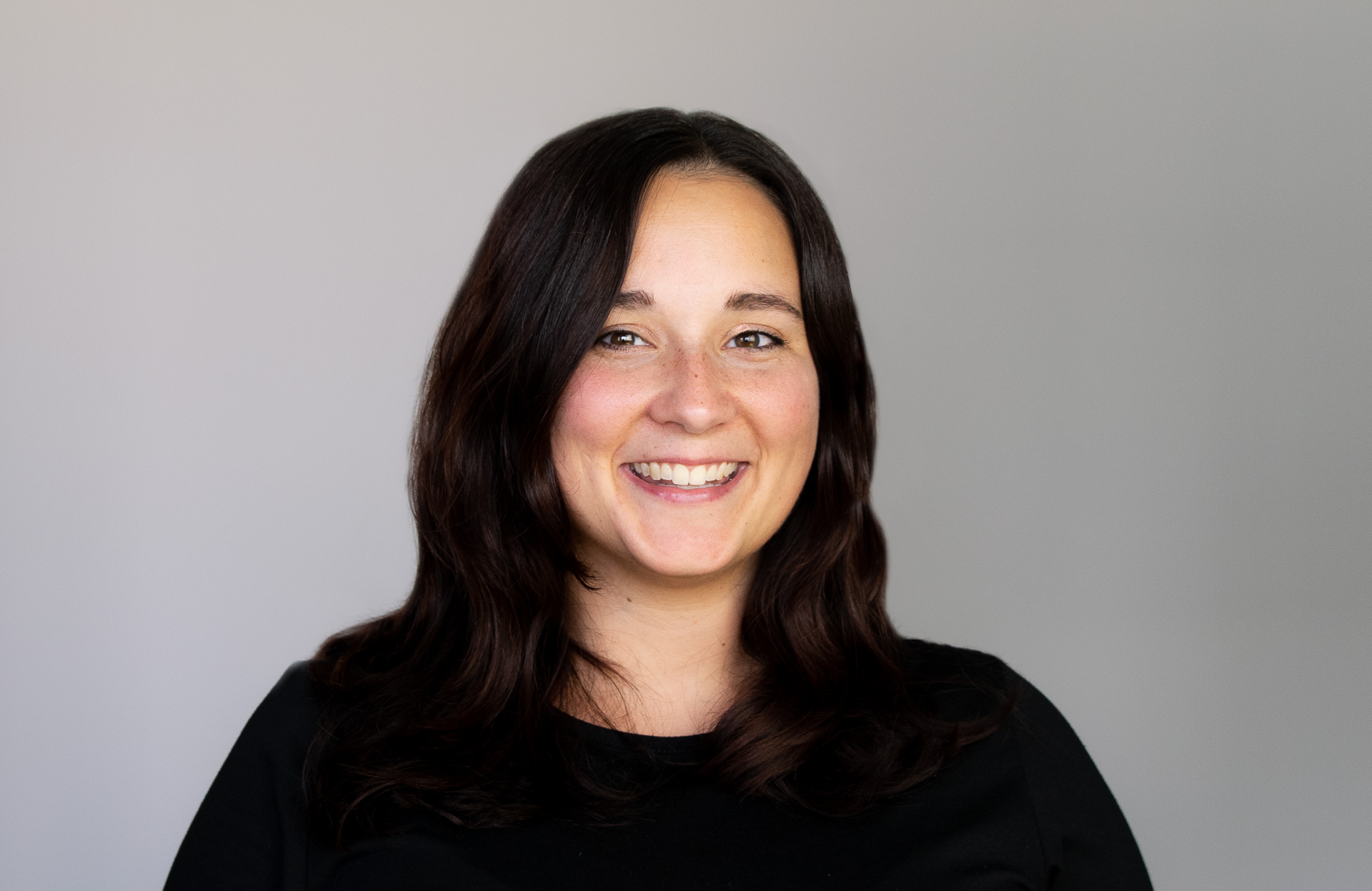Embrace equity in all its forms

Editor’s Note: This blog post is part of our “Equity in Disasters” series. The series, which focuses primarily on racial equity and justice issues, also explores how these intersect with other kinds of marginalization and how historical and systemic discrimination create an uneven playing field for recovery.
As I blow out my birthday candles this year, I will close my eyes and wish for all the women in the world to experience a life free of violence, abuse and bias, a life filled with reproductive rights and access to health care, and one that is rich with gender equity.
I am proud to share my birthday with International Women’s Day (IWD). This celebration of women worldwide inspires me to persevere against stereotypes, discrimination and the marginalization of women. As women, we have overcome so much in history, but we still have so much more to gain and achieve.
Sharing my birthday with such a special movement has been very meaningful to me. Every year, it’s not just women that say to me, “Happy International Women’s Day” along with “Happy Birthday”, but men and nonbinary individuals too. It’s a reminder that collective activism is what drives change. The work for gender equity isn’t limited to women alone fighting the good fight. Allies are incredibly important for the social, economic, cultural and political advancement of women.
Globally, women still have only 75% of the legal rights afforded to men, and in 86 countries women face some form of job restriction. As a new mom, I am keenly aware of the disparities faced by women compared to men in the United States. For me, paid parental leave was not a guarantee in my state. New mothers depend on their employers to provide parental leave, while in other countries, the government guarantees it. In fact, the U.S. is one of just seven countries in the world that does not guarantee paid maternity leave. This puts a tremendous amount of pressure on women to not only figure out how to continue to support their family financially but also how to juggle the transition to parenthood.
Additionally, women are still expected to be “naturally good” at or interested in certain tasks because they are women and not because they like to do them or even want to. Research from Harvard Business Review found that women get 44% more requests than men to volunteer for “non-promotable” tasks at work. We are the default for so many tasks, whether at work or home. This shows that there is still so much that needs to change in the fight for gender equity.
Health equity is another area where women face an uphill battle. Last year, my colleagues Alex Gray and Taylor Dudley wrote a blog post on sexual and reproductive health (SRH) rights in disasters and humanitarian crises. They brought to light the stark realities of how disasters result in an increase in unintended pregnancies, as access to contraception is disrupted and sexual violence increases. They highlighted that lack of access to quality SRH services and denial of SRH rights has negative implications that go far beyond a woman’s right to choose.
Amid all of these factors, we must stand together today and recognize how race, ethnicity, sexual orientation, disability, religion, age, nationality, immigration, gender, socioeconomic status and other forms of discrimination intersect in ways that exacerbate unjust and inequitable outcomes – and we must fight against this.
We can all embrace equity in all its forms. When we embrace equity, we are willingly and enthusiastically accepting, adopting and championing it.
Don’t just say it. Think it. Be it. Do it. Value it. Truly embrace it. Are you in? Will you embrace equity with me?
Show the world your huge embrace today. Strike the IWD #EmbraceEquity pose to show solidarity, and tag @funds4disaster so we can see it.
